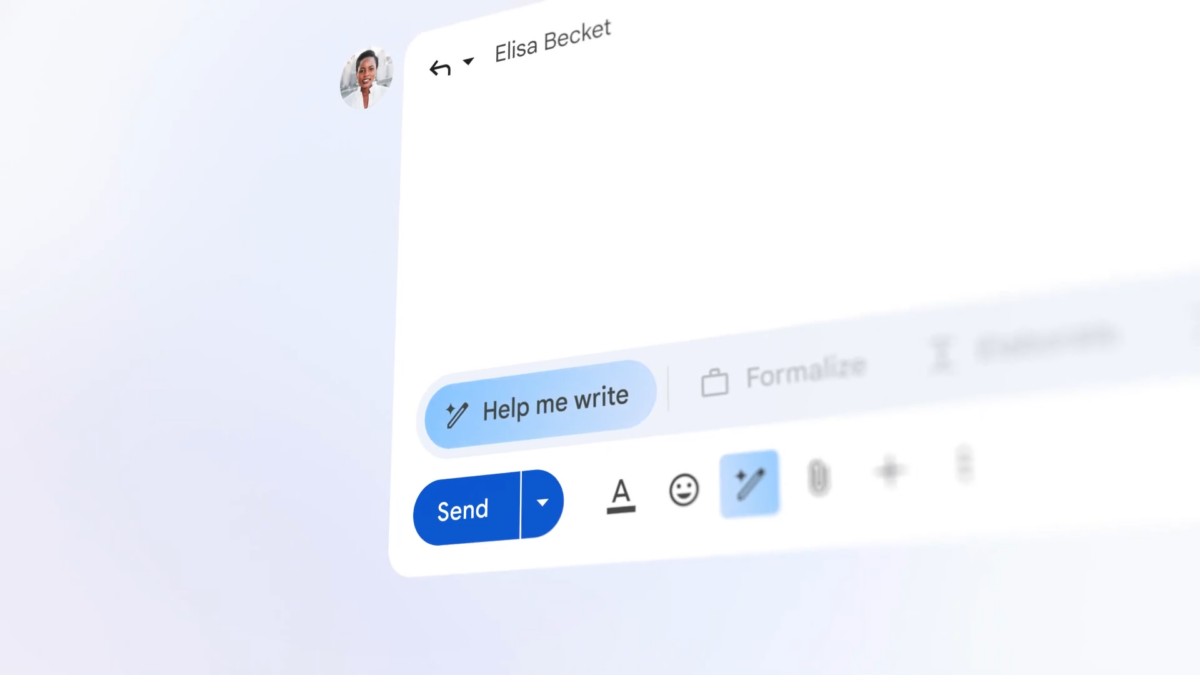Google has introduced "Gemini Business" for Google Workspace, a new offering that gives businesses of all sizes access to new AI models. The AI plan for consumers is also being expanded to include office applications.
The update integrates Gemini with Google Workspace applications. “Gemini Business” offers features such as “Help me write” in Docs and Gmail, “Enhanced Smart Fill” in Sheets, and image generation in Slides for $20 per user per month with an annual contract.
There is also a new standalone chat experience with Gemini, based on the 1.0 Ultra model, which offers additional privacy protections.
“Gemini Enterprise" replaces "Duet AI for Workspace Enterprise" and offers additional AI-powered meeting translations in 15 languages and unlimited access to Ultra for $30 per user per month. Existing Duet AI for Workspace customers will be automatically upgraded to Gemini Enterprise.
Paying private users can also access Gemini in Google's productivity apps
In addition to the business offerings, Google is integrating Gemini into Gmail, Docs, Slides, Sheets, and Meet as part of the Google One AI Premium Plan. Subscribers will have access to Gemini Advanced, which is based on Google's most powerful AI model to date, 1.0 Ultra.
Gemini's capabilities are integrated directly into Google products to increase productivity. Google is committed to privacy and data protection in the age of AI, the company said.
The AI Premium Plan is available in more than 150 countries and costs $19.99 per month, including 2 TB of storage and other Google One benefits. A two-month free trial is available.
The new business and consumer offerings bring Google in line with Microsoft and OpenAI, which each offer their own business and team plans. Microsoft recently introduced Copilot for Office, with prices starting at $20 per user per month.
This Copilot offers support for writing, coding, and designing in Office applications based on GPT-4, but still offers plenty of room for improvement.
